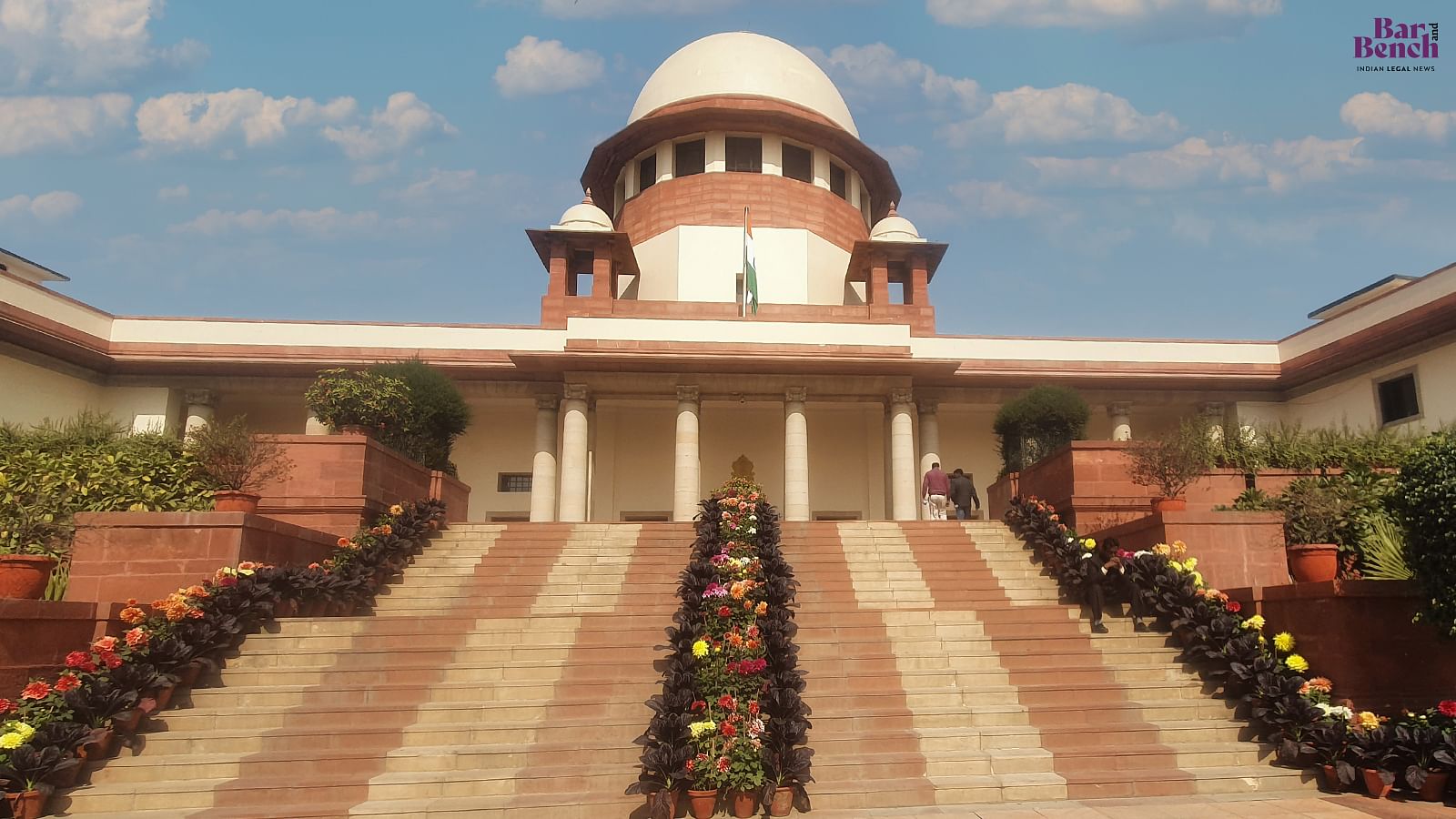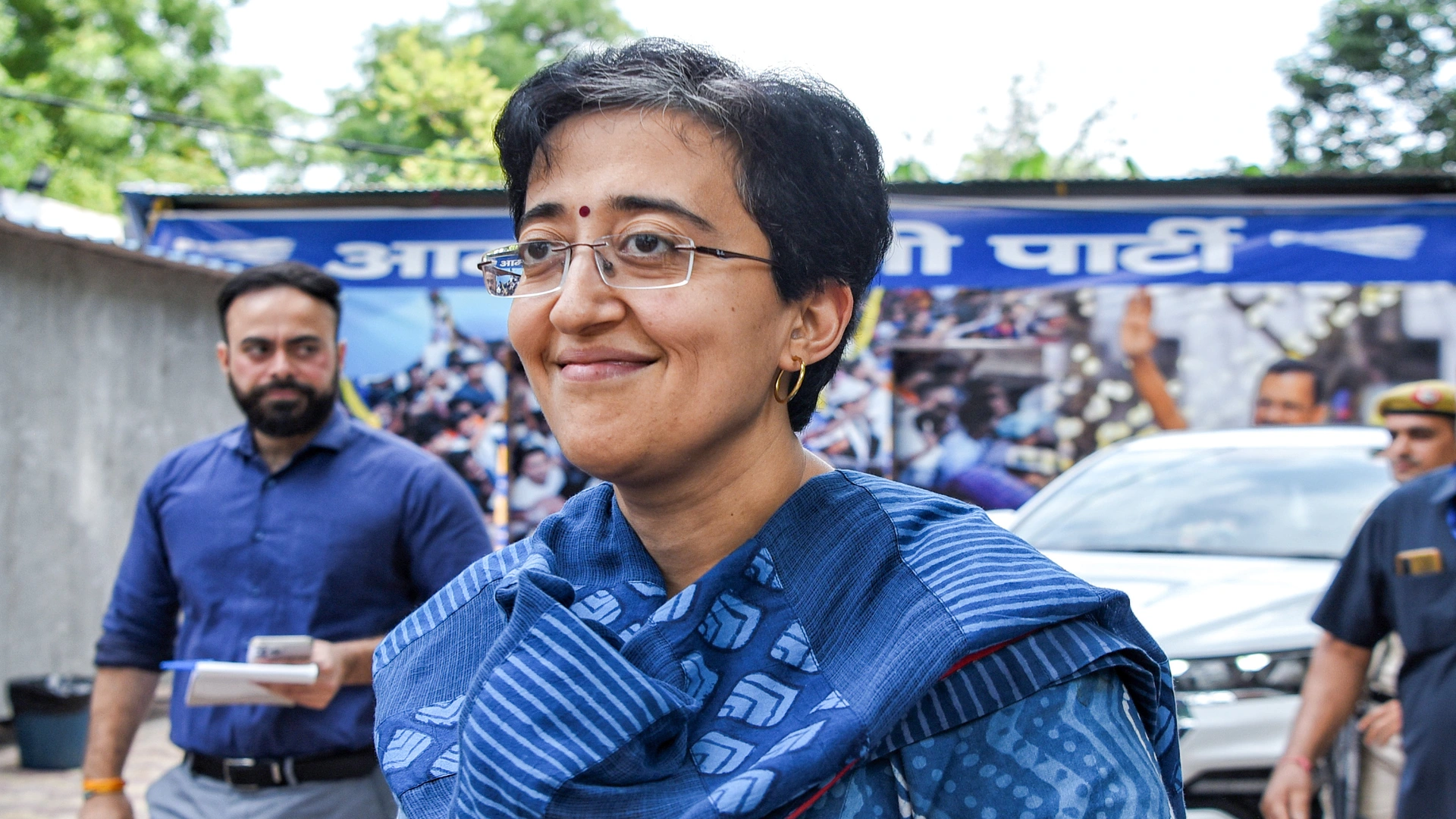The Supreme Court in the case T G Krishnamurthy observed and has reiterated that the principle, the Falsus in uno, falsus in omnibus has in the case got no application to the courts in India.
The bench comprising of Justice MM Sundresh and Justice JB Pardiwala in the case observed that it being the duty of the Court to remove the chaff from the grain in its pursuit for truth.
In the present case, the accused was convicted by the Trial Court and the High Court of Karnataka for the offences as stated under Section 302 reading with Sections 120B and 34 of the Indian Penal Code, 1860.
Before the court, one of the contentions raised in the appeal was that the High Court has committed an error in placing partial reliance upon the evidence of some prosecution witnesses, having been found that the testimony of them cannot be relied upon for the charge pertaining to the death of the deceased, thus, the same ought to have been applied for the other offences as well.
Further, it has been observed by the said court that the principle governing Falsus in uno, falsus in omnibus has in the case got no such application to the courts in India. Thus, it being the duty to remove the chaff from the grain in its pursuit for truth. As rightly held by the High Court PW1, PW27 and PW28 are the injured eyewitnesses and they in the case are being attacked along with deceased no.1 and the reasons needs to be adopted for the acquittal of the accused qua the death of deceased no.2 cannot be imported to that of the first accused and the injuries caused to the aforesaid three witnesses.
However, the said court did not find any error in the approach adopted by the High Court.
Accordingly, the court dismissed the appeal.

















